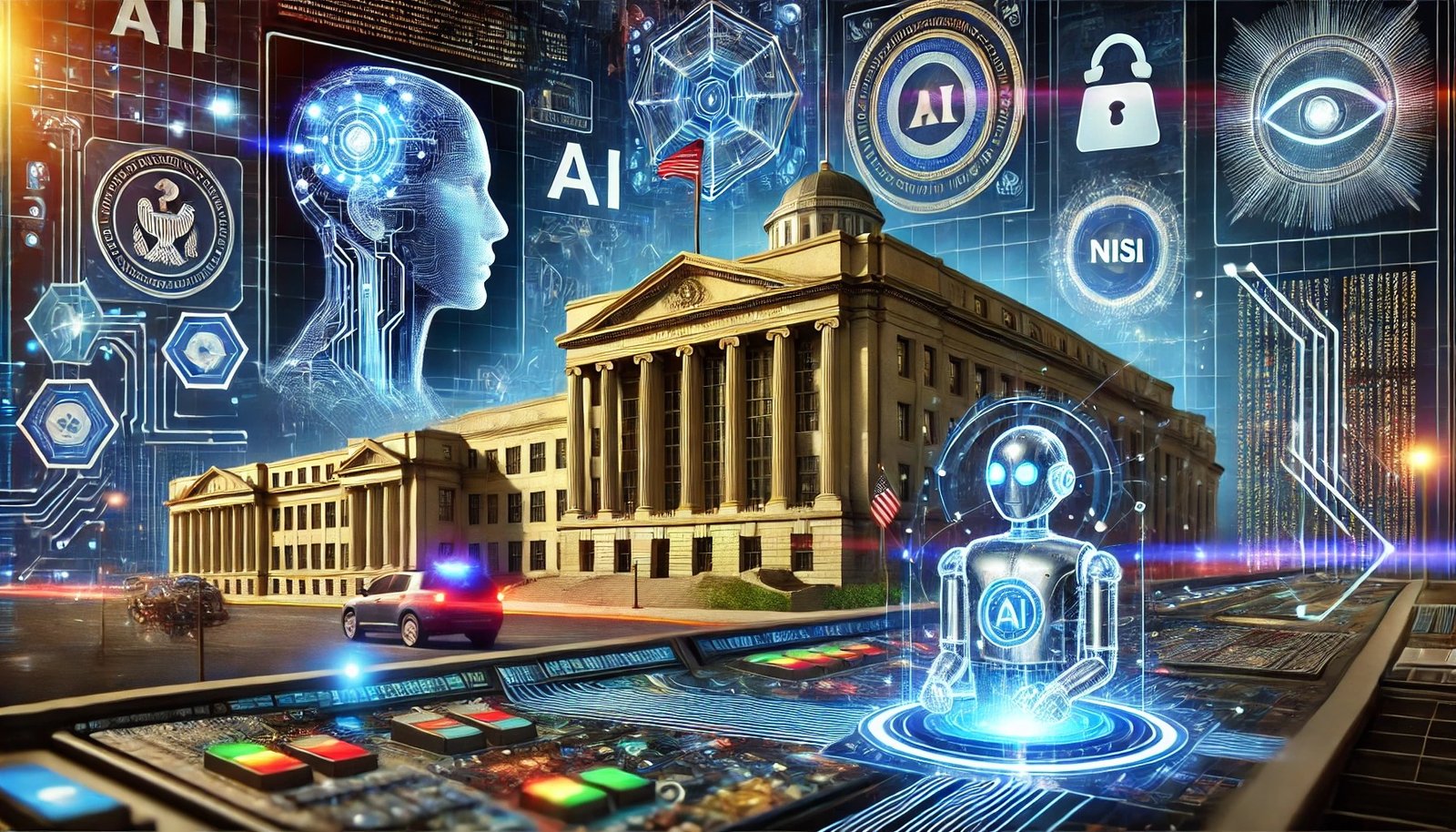Elvio Technologies offers Cyber and Data Security services, they likely provide comprehensive solutions designed to protect businesses from a wide range of cyber threats, including data breaches, hacking attempts, malware, ransomware, and other security risks. In today’s digital world, protecting sensitive data and securing IT infrastructure is critical for business continuity, regulatory compliance, and maintaining customer trust.
Here’s an overview of the Cyber and Data Security Services that Elvio Technologies might offer:
1. Network Security
- Firewall Management: Implementing and managing firewalls to protect internal networks from unauthorized access and cyberattacks.
- Intrusion Detection and Prevention Systems (IDPS): Monitoring and analyzing network traffic to detect and block malicious activity in real time.
- Virtual Private Networks (VPNs): Setting up secure remote access through VPNs for employees working from home or external locations.
- Network Segmentation: Dividing a network into segments to limit the impact of a potential security breach, making it harder for attackers to move laterally within the network.
2. Endpoint Security
- Endpoint Protection: Securing devices such as computers, smartphones, tablets, and IoT devices that connect to the company network. This involves antivirus, anti-malware, and encryption technologies to protect these endpoints from cyber threats.
- Mobile Device Management (MDM): Managing and securing mobile devices, ensuring they comply with security policies, and remotely wiping data in case of loss or theft.
- Patch Management: Ensuring that all endpoints, including operating systems and applications, are regularly updated and patched to protect against known vulnerabilities.
3. Data Protection and Encryption
- Data Encryption: Encrypting sensitive data both at rest (when stored) and in transit (when being transmitted) to ensure that unauthorized users cannot access or alter the information.
- Backup and Recovery: Implementing automated backup solutions to securely store critical data and ensure that data can be recovered in case of a breach or disaster.
- Data Loss Prevention (DLP): Using DLP solutions to prevent sensitive data from being accidentally or maliciously leaked or shared outside the organization.
- End-to-End Data Protection: Ensuring that data is protected throughout its lifecycle—from creation, storage, transmission, and use, to eventual deletion.
4. Identity and Access Management (IAM)
- User Authentication: Implementing multi-factor authentication (MFA), biometrics, or hardware tokens to verify user identities and prevent unauthorized access to systems and data.
- Role-Based Access Control (RBAC): Ensuring that users have access only to the data and applications necessary for their job role, limiting the risk of insider threats.
- Single Sign-On (SSO): Simplifying user authentication by allowing users to log in once and access multiple applications without needing separate credentials for each.
5. Vulnerability Management and Penetration Testing
- Vulnerability Scanning: Regularly scanning the IT infrastructure for known vulnerabilities and security gaps that could be exploited by attackers.
- Penetration Testing (Pen Testing): Conducting simulated attacks to identify vulnerabilities and weaknesses in systems and networks before they can be exploited by cybercriminals.
- Risk Assessment: Identifying critical assets and assessing potential risks to the organization, enabling prioritization of security efforts based on business impact.
6. Security Information and Event Management (SIEM)
- Real-Time Monitoring and Alerting: Using SIEM tools to monitor network and system activity in real time, providing instant alerts for suspicious or abnormal behavior.
- Log Management and Analysis: Collecting and analyzing logs from various systems to detect potential security breaches, ensuring that threats are identified and responded to quickly.
- Incident Response: Quickly investigating and responding to security incidents by gathering and analyzing data to mitigate potential damage.
7. Threat Intelligence and Incident Response
- Threat Intelligence: Leveraging real-time information about current cyber threats, trends, and tactics used by cybercriminals to proactively protect the business.
- Incident Response Plans: Developing and implementing a structured plan for responding to cyberattacks, ensuring that critical incidents are addressed swiftly and efficiently.
- Forensics and Investigation: Analyzing and investigating security breaches to understand the attack vector, impact, and root cause, and then strengthening defenses to prevent future incidents.
8. Ransomware Protection and Response
- Ransomware Prevention: Implementing technologies and processes to prevent ransomware attacks, such as email filtering, behavior-based detection, and endpoint protection.
- Backup and Recovery Solutions: Ensuring that critical data is regularly backed up and can be restored in case of a ransomware attack.
- Ransomware Incident Response: Developing a response plan specific to ransomware incidents, including how to isolate infected systems, recover data, and communicate with stakeholders.
9. Cloud Security
- Cloud Data Protection: Implementing robust encryption and access control policies for data stored in cloud environments to protect against unauthorized access or breaches.
- Cloud Security Posture Management (CSPM): Continuously monitoring cloud configurations and services to ensure compliance with security best practices and regulations.
- Cloud Identity and Access Management (IAM): Managing user access and authentication for cloud-based applications and services, ensuring that only authorized individuals can access sensitive resources.
10. Security Awareness Training
- Employee Training Programs: Educating employees about security best practices, phishing attacks, password hygiene, and how to recognize and respond to potential threats.
- Simulated Phishing Campaigns: Running simulated phishing campaigns to test employees’ ability to identify phishing emails and improve their awareness of common cyber threats.
- Security Best Practices: Promoting the adoption of strong security measures across the organization, such as strong password policies, secure browsing habits, and proper data handling.
11. Compliance and Regulatory Security
- Compliance with Industry Standards: Ensuring that security practices align with industry-specific regulatory requirements, such as GDPR, HIPAA, PCI-DSS, SOC 2, and others.
- Audits and Reporting: Conducting regular security audits and providing compliance reporting to help businesses demonstrate adherence to regulatory standards.
- Data Sovereignty: Ensuring that data is stored and processed in compliance with local laws, especially in multinational organizations where data protection laws may vary.
Why Cyber and Data Security Are Critical for Businesses
- Protecting Sensitive Data: Cyberattacks such as data breaches, ransomware, and phishing are increasingly targeting sensitive information, including customer data, intellectual property, and financial records. Security measures help safeguard this data.
- Preventing Financial Loss: Data breaches and cyberattacks can lead to significant financial losses due to penalties, legal fees, and the costs of recovery and reputation repair.
- Maintaining Customer Trust: Customers expect their personal and financial information to be protected. A robust cybersecurity strategy helps build and maintain trust with clients.
- Avoiding Operational Downtime: Cyberattacks or system failures can cause significant disruption to business operations. With proactive security measures, businesses can reduce the likelihood of downtime caused by cyber incidents.
- Compliance with Regulations: Many industries are subject to strict data protection regulations. Ensuring compliance helps avoid legal consequences and reputational damage.

Why Choose Elvio Technologies for Cyber and Data Security Services?
If Elvio Technologies offers Cyber and Data Security services, they would likely provide:
- Comprehensive Protection: Offering end-to-end cybersecurity solutions, including network, endpoint, data, and cloud security.
- Proactive Defense: Implementing a multi-layered security approach that includes real-time monitoring, threat intelligence, and vulnerability management.
- Industry Expertise: A deep understanding of specific industry needs and regulatory requirements, helping businesses maintain security compliance.
- Customizable Solutions: Tailoring security strategies to meet the unique needs of each business, from small companies to large enterprises.
- Continuous Support: Providing 24/7 monitoring, incident response, and ongoing updates to address emerging cyber threats and vulnerabilities.
Conclusion
Elvio Technologies offers Cyber and Data Security services, their solutions are likely designed to protect businesses from a variety of digital threats, including data breaches, cyberattacks, and compliance risks. With a combination of cutting-edge technologies, expert security practices, and proactive threat intelligence, Elvio Technologies can help businesses secure their IT environments, protect sensitive data, and ensure compliance with industry regulations.





